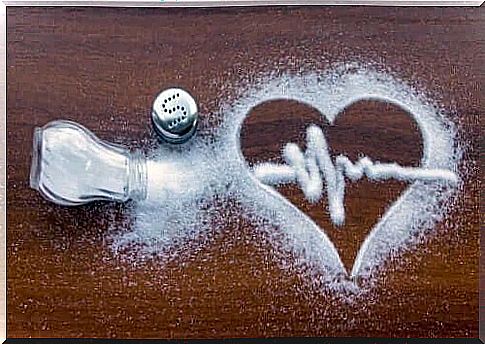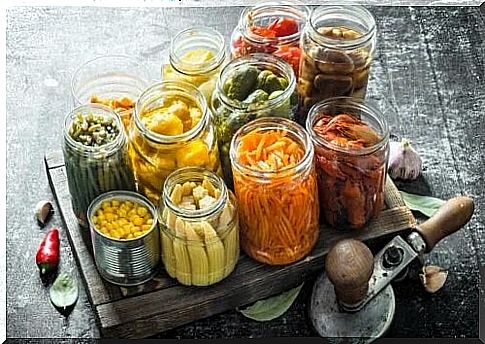3 Strategies For Reducing Sodium Consumption

For many people, reducing their sodium intake is a necessary thing, because their cardiovascular health depends on this aspect. This mineral is one of the most abundant in the body and performs important functions such as ensuring the transmission of nerve impulses.
High sodium intake is associated with a poor prognosis in people with hypertension. Therefore, in this article we will give you more recommendations to reduce the amount of sodium in your diet. If you put them into practice, you will notice that your health will improve in the medium and long term.
These tips should only be followed by those who have problems with sodium intake. Also, for athletes or people who are exposed to a high level of perspiration, the recommendations may be different. If you have any questions, talk to a specialist.
3 strategies to reduce sodium intake
Canned legumes, for example, are classified as processed healthy foods. Their regular intake guarantees optimal fiber intake, which is directly linked to better intestinal health. This is confirmed by research published in the International Journal of Clinical Practice, which claims that legumes are useful in reducing circulation problems in older adults.
However, pickles and olives often contain a lot of sodium, which can be harmful to some people. Experts link dietary sodium intake to high blood pressure, although the latest scientific articles show some discrepancy in this regard.
However, until certified otherwise, the medical recommendation is to reduce salt intake in hypertensive patients.

But the worst thing is not the high mineral content of the sauces, but their excessive caloric contribution. In some cases, the presence of trans lipids is another negative factor. These fats are linked to an increased risk of developing chronic inflammatory diseases, according to an article published in the journal BMJ.
If you ever want to consume a sauce, it is best to prepare it at home. This way, you will know what the ingredients of the sauce are and where they come from.
When buying industrial sauce, you should read the label carefully and avoid products that contain large amounts of sodium, lipids and trans additives.
The fast food industry often adds large amounts of salt to food to improve its taste. This is why their sodium content is high. Also, dishes from fast food restaurant chains contain chemical additives that can be harmful to health. These foods tend to be fried, which further reduces their nutritional quality.
If you are considering a balanced and healthy diet, you need to eat fresh food. At the same time, you need to reduce your consumption of processed foods to avoid the intake of substances that can be harmful to the cardiovascular system.
As part of the strategy to lower blood pressure, nutritionists have recommended a drastic reduction in the consumption of fast food products. In this way, the patient does not have direct access to food that complicates the balance of internal fluids, leading to increased blood pressure.










